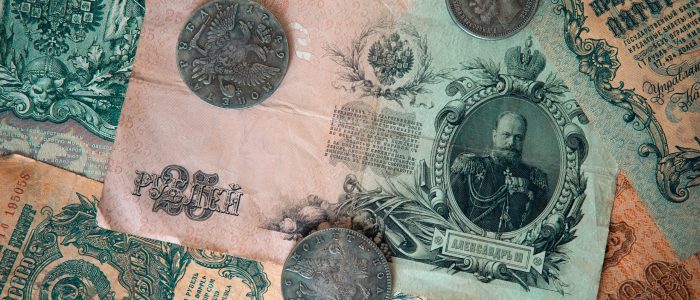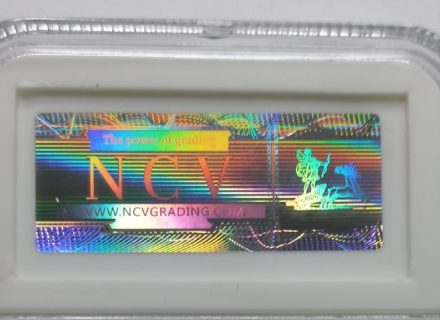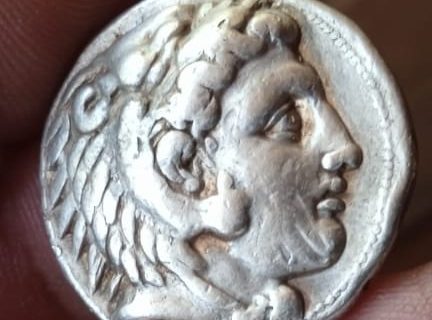
How to start a coin or banknote collection
Making a numismatic collection may seem like a simple task of putting together coins and banknotes, but with such a vast range of options available, it’s common to feel overwhelmed and give up easily. Here are some tips to keep in mind to help you enjoy your collection in the long term.
Would you keep one —or many— coins of every country you have traveled to? Would you ask your traveler friends for a currency sample? Would you kill time analyzing the designs of the coins you have in your pocket? Are you likely to spend too much time in the numismatic sections of any historical museums you visit?
If you answer yes to one or many of those questions, we are pretty sure you would love to start out in the beautiful hobby of collecting coins or/and banknotes.
First of all, before we start investing money in it, we must consider why and what we want to collect to avoid feeling overwhelmed by the endless options we have.
Key points
Let’s see some questions you need to ask yourself to have a successful start in this hobby:
How much money do I want to invest?
There is no need to spend a lot of money to make your own collection. You can find affordable pieces on the Internet or flea markets. Remember: if you buy cheap, don’t expect exclusivity or good conditions.
What do I want the collection for?
Generally speaking, there are two big groups of collectors —with many subgroups in between; a first one that considers it a hobby to spend a good time with, and a second one that sees it as an investment intended to acquire exceptional pieces to resell them in the future and make a profit.
For the first group, quantity is more important than quality. The more coins or banknotes, the better —more fun! Collectors in this group don’t plan to spend significant amounts of money. But in the second group, the investors are usually people with a certain income level (and usually a good knowledge of the numismatic world) and are after real gems.
Where will I keep my collection?
Keeping valuable coins and notes in a drawer or a bag is definitely not a good idea. They may be damaged, losing their value, especially if we talk about ancient coins, as the components may break up, get rusty…. and the same goes for banknotes. It is worth trusting a professional to encapsulate them so you can manipulate and show them as often as you want without any risk or unexpected
What is my motivation?
It is a hobby, so what really matters here is to enjoy spending time in our collection. Starting with a theme that moves you is fundamental. Every new piece you acquire will bring you the joy you need to get to the next one.
Collection types
Numismatics tells as much about the past times as any history book. Not without reason, many collectors are somewhere in between collecting and research, and the bigger their achievements are, the more complex their goals become.
Let’s see a little guide to decide what kind of collection is our perfect match. Please note that this is simply a guide, and you are free to establish your own standards if you wish. As we mentioned before, there are as many collections as collectors willing to make them:
- By age: pick a historical period you feel attracted by and find pieces minted then. It can be a remote era or not. In fact, the closer to the present time, the easier it will be to find them.
- By geography: Spanish, American, Latin, European… A bit of previous research will help you see the quantity of money minted in your chosen region. Once again, the bigger the easiest.
- Special editions: not minted as regular money but only to be collected
- By metal: there are quite a few metals in numismatics. Gold and silver coins can be quite expensive, and those minted in years of shortage can be quite a challenge.
- By series or mint year
- Rarities
Aspects to consider
The value of a coin is not solely determined by its material, as a copper coin may be worth more than a golden one. Various factors, including age, rarity, uniqueness, and condition, contribute to its overall value. The same holds true for banknotes, where even a rare and valuable note can lose its worth if not properly preserved.
If you are new in this world, our advice is to set yourself an easy goal to start with. You must spend some time reading and getting informed before buying a piece (especially if it is expensive) to avoid fraud and unpleasant surprises. And, if you need more clarification on something, asking a professional is always a good idea.
We’re curious to know what kind of collection you’re putting together. Would you like to share it with us? We’d love to hear about it!



